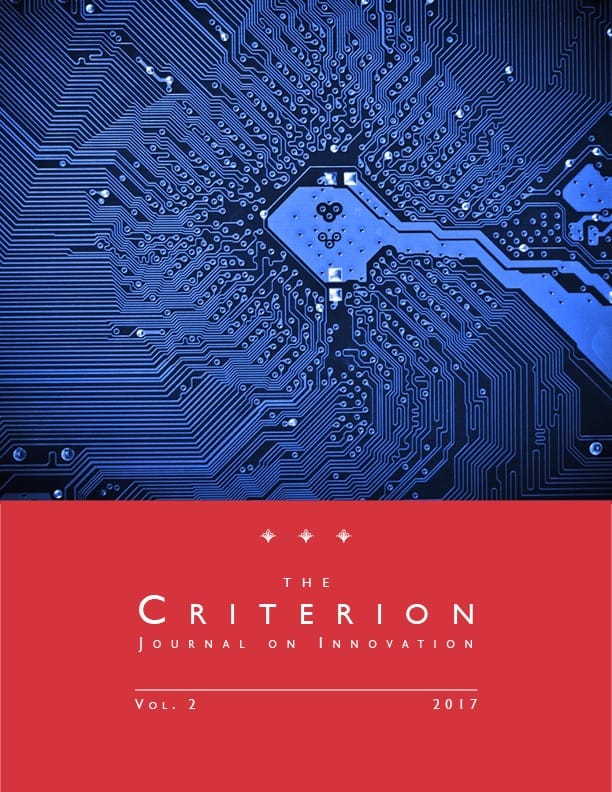Understanding the Errors of eBay
Paul R. Michel & Matthew J. Dowd
Purchase a reprint version of the Article (Amazon)
|
Read the Article (PDF)
|
Download the Article (PDF)
Download the Article (PDF)
eBay has had a profoundly negative effect on the enforceability of U.S. patents, including patents whose validity is beyond doubt. With the likelihood of an injunction severely diminished, patent infringers appear less willing to cease infringing activity. In contrast to U.S. practice, injunctions are routine in Germany and other European countries and becoming so in Asian nations, particularly China, for all technologies and all types of owners. Investment money is mobile and flows toward the high-value assets. eBay has crimped patent rights and thereby diminished investment incentives in the United States. The result: reduced research and development, less job creation, lower economic growth, and diminished American global competitiveness. This cannot be what the Supreme Court intended, but it is how the Kennedy concurrence is being implemented by most district courts that ignore the less forceful Roberts concurrence. The time has come for the Court, or at least the Federal Circuit, to rescue America from this folly.

Cite as
Paul R. Michel & Matthew J. Dowd, Understanding the Errors of eBay, 2 Criterion J. on Innovation 21 (2017).
Paul R. Michel is the retired Chief Judge of the U.S. Court of Appeals for the Federal Circuit, on which he served from 1988 to 2010. He also served on the U.S. Judicial Conference and, by appointment of the Chief Justice, on its seven-judge Executive Committee. Judge Michel judged several thousand appeals and authored more than 800 opinions, one-third of which concerned intellectual property (IP) law. IAM magazine has inducted him into its Hall of Fame, and he has been designated one of the 50 most influential leaders in IP law in the world. He has been presented lifetime achievement and similar awards by the American Intellectual Property Law Association; the Intellectual Property Owners Education Foundation; the American Bar Association’s Intellectual Property Section; Managing Intellectual Property magazine; the Sedona Conference; the Patent and Trademark Office Society; the New York, Chicago, Philadelphia, and Los Angeles Intellectual Property Law Associations; and the William C. Connor, the Giles S. Rich, and the Richard Linn Intellectual Property American Inns of Court. In 2010, the Los Angeles IP Inn was renamed the Paul R. Michel IP Inn in his honor. Judge Michel received the Jefferson Medal, the Eli Whitney Award, and the Katz-Kiley Prize, as well as Honorary Doctor of Law degrees from Catholic University and the John Marshall Law School. He is a lifetime Member of Honore of FICPI, and Williams College granted him the Kellogg Award for “outstanding leadership in law and public service.” Judge Michel has published numerous articles on patent law and advocacy and is co-author of the casebook, Patent Litigation and Strategy. He has taught at George Washington University, the University of Akron, and John Marshall law schools. Judge Michel received a B.A. from Williams College and a J.D. from the University of Virginia.
Matthew J. Dowd is an attorney and founder of Dowd PLLC, located in Washington, D.C. He handles complex legal disputes, with a focus on patent and intellectual property issues. He has argued and briefed numerous appeals before the U.S. Court of Appeals for the Federal Circuit and routinely represents clients before the Patent Trial and Appeal Board at the U.S. Patent and Trademark Office. Recently, he was counsel of record for amicus briefs in Lee v. Tam (concerning the constitutionality of section 2(a) of the Lanham Act) and Impression Products, Inc. v. Lexmark International, Inc. (concerning patent exhaustion). He received his J.D. with high honors from George Washington University Law School. Before entering the legal world, he attended a Ph.D. program in medicinal chemistry at Virginia Commonwealth University and received his B.S. in biology from The College of William and Mary.

